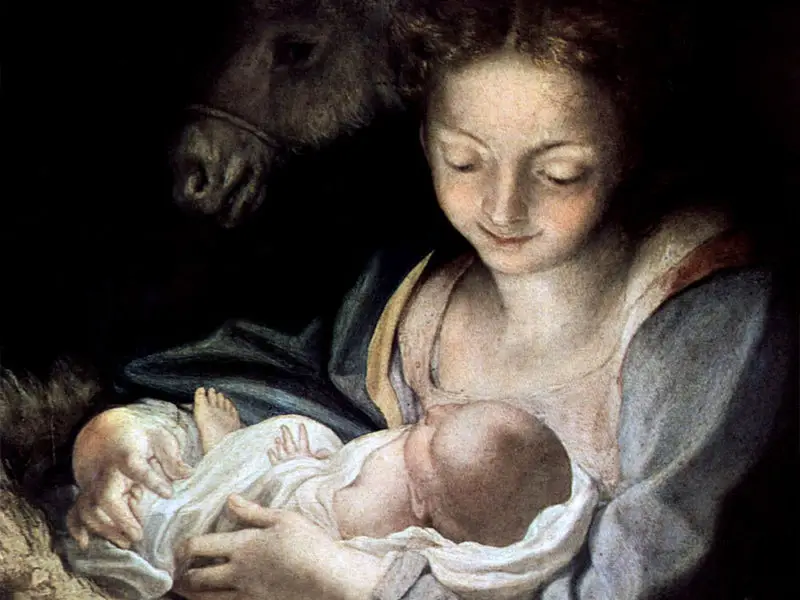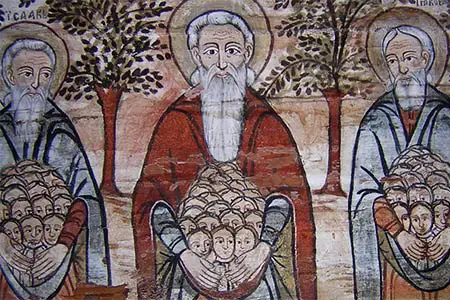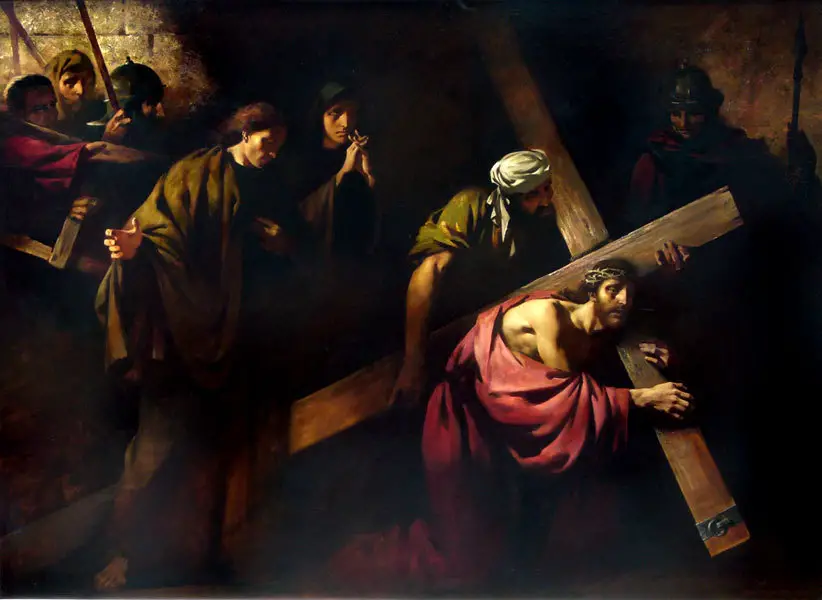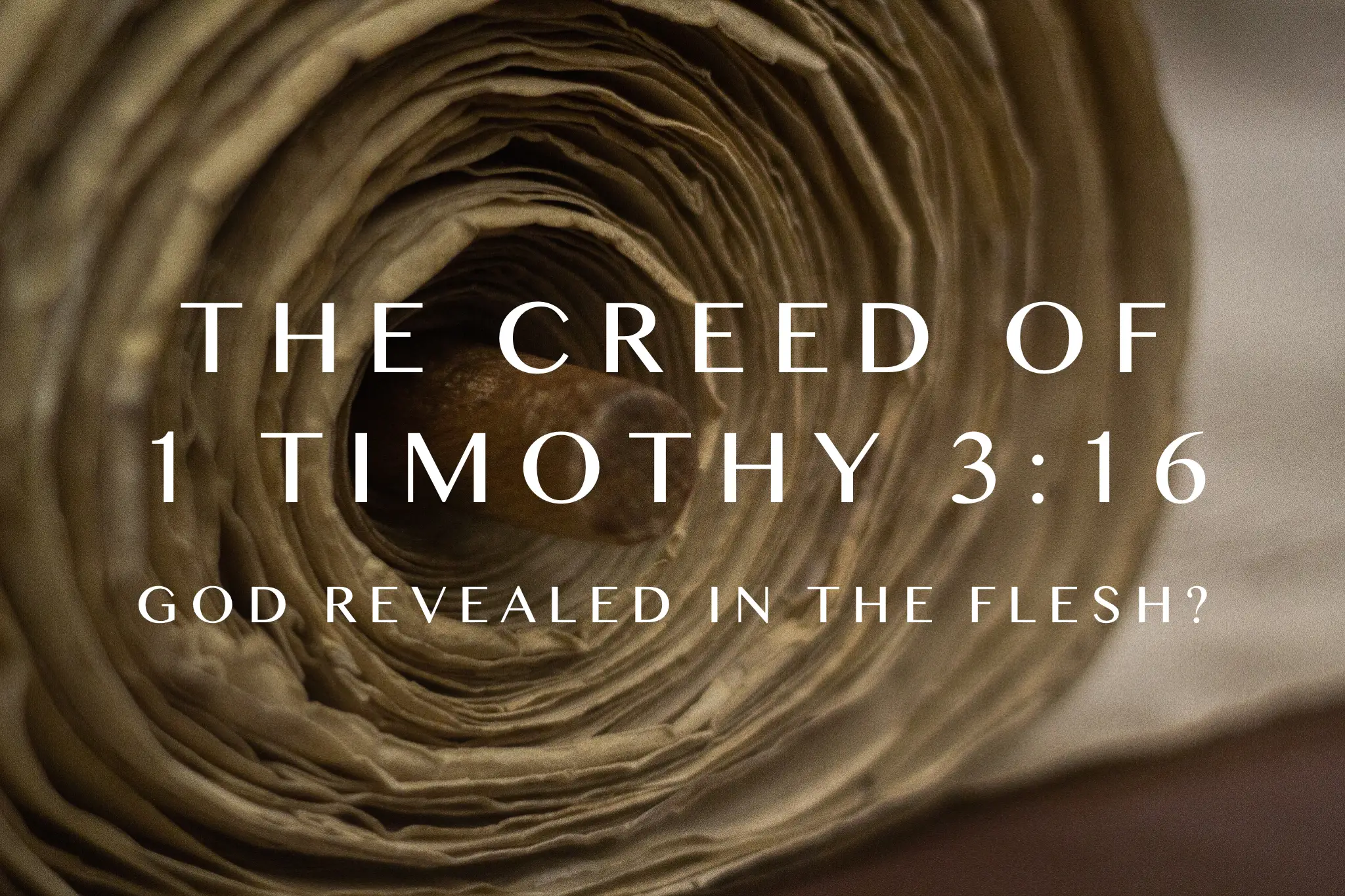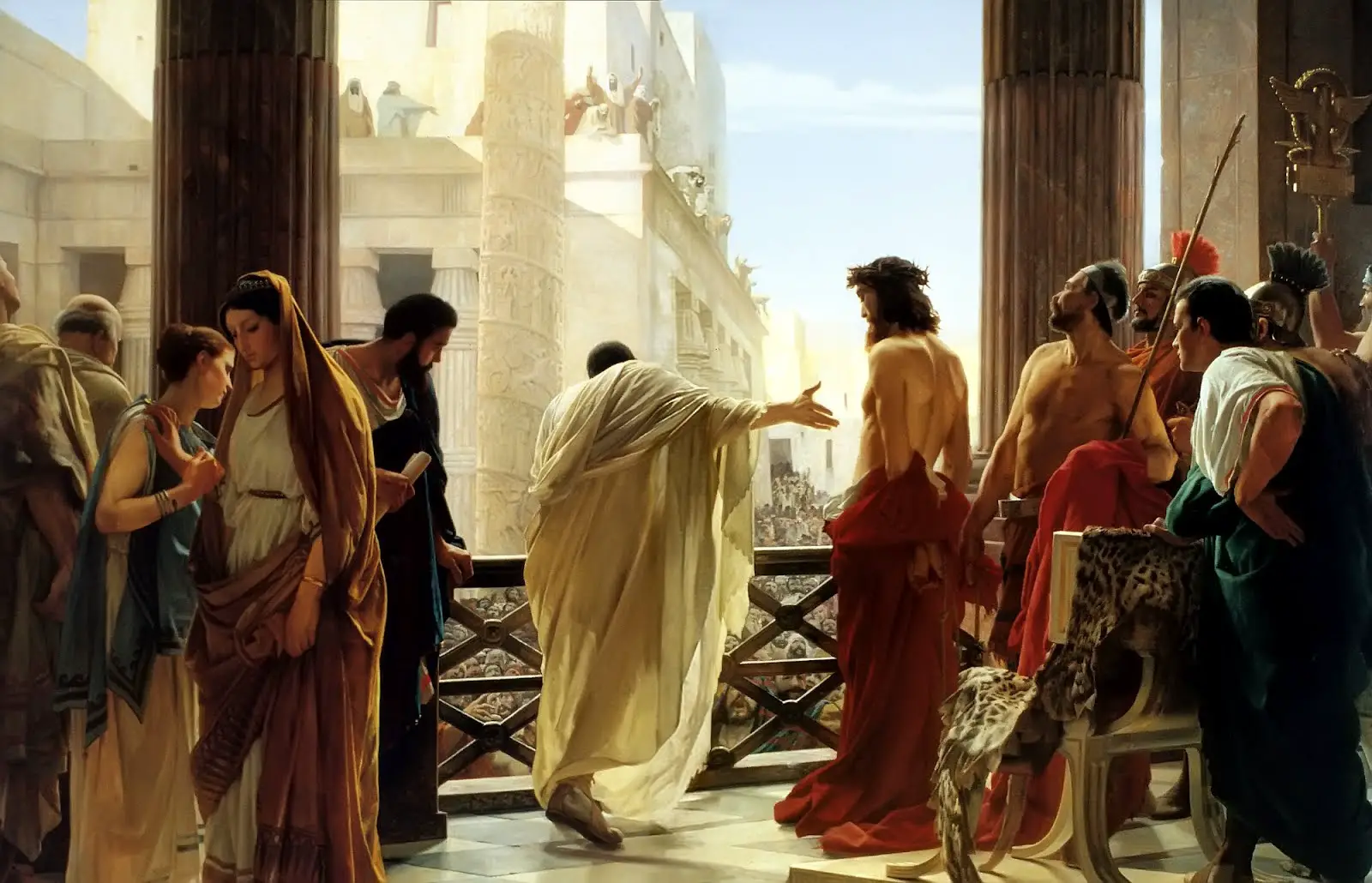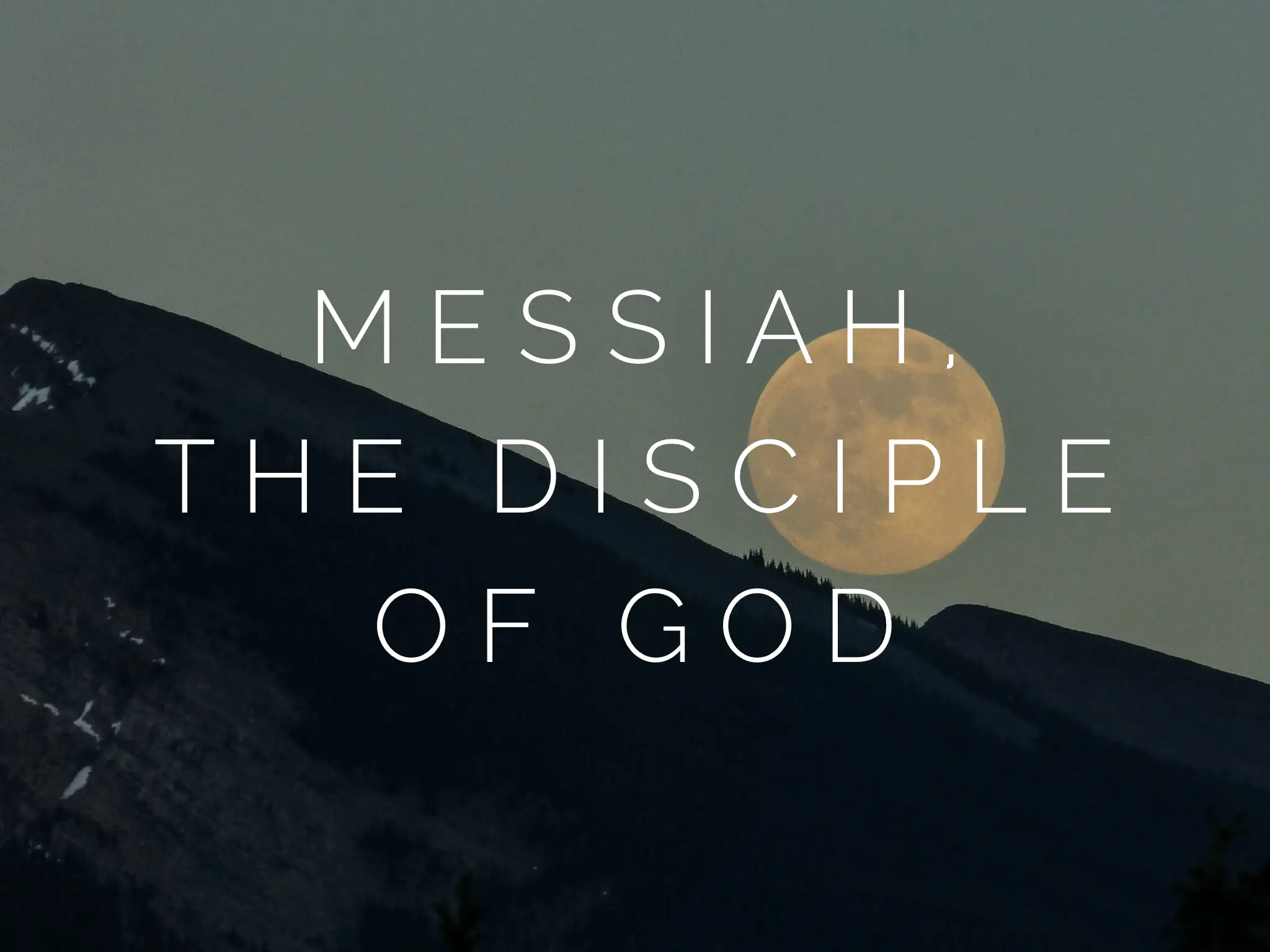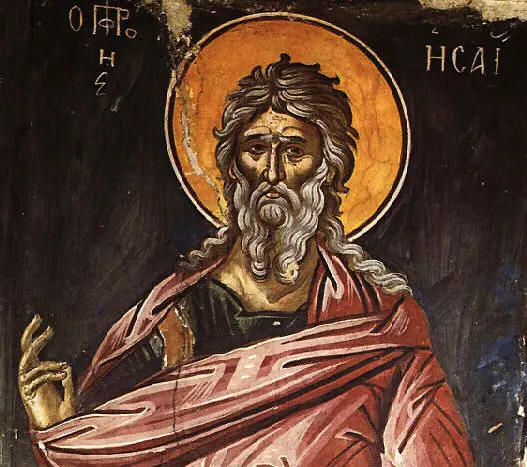Is Romans 1:3-4 Proof Jesus Has Dual Natures?
Many scholars consider Paul's letter to the church in Rome to be his greatest doctrinal treatise. It is no wonder that Trinitarians search its pages for proof of the dual natures of Christ and, by implication, the doctrine of the Trinity. One passage that is often presented as textual evidence is found in chapter 1:Romans 1:1-4 (NASB) Paul, a bond-servant of Christ Jesus, called as an apostle, set apart for the gospel of God, 2 which He promised beforehand through His prophets in the holy…

